Red Borneo Kratom is a unique strain of the Mitragyna speciosa tree, native to the island of Borneo. This tropical...
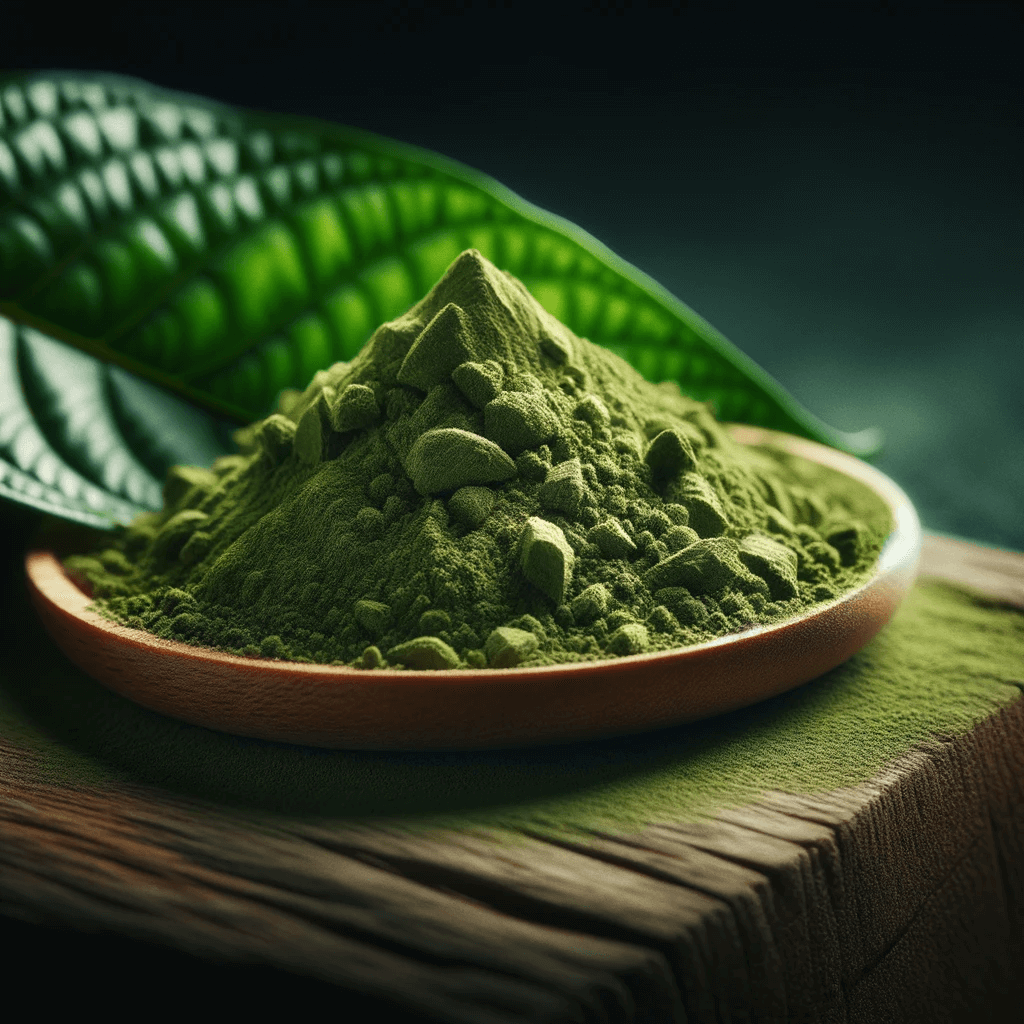
Speakeasy Kratom: All You Need to Know About Kratom
Kratom, a tropical tree indigenous to Southeast Asia, has garnered significant attention globally for its distinctive effects and applications. Speakeasy Kratom, a leader in the Kratom industry, offers a comprehensive overview of this fascinating plant, ensuring consumers are well-informed about its uses, benefits, and potential risks.
Understanding Kratom
Kratom, scientifically referred to as Mitragyna speciosa, thrives in the tropical climates of Southeast Asia. The leaves of the Kratom tree contain psychoactive compounds, primarily mitragynine, and 7-hydroxymitragynine, which are responsible for their varying effects.
Traditional and Modern Usage
In its native regions, Kratom is known by names such as kakuam, and ketum. Traditionally, the leaves are chewed fresh or processed into a dried powder for brewing into tea. In the U.S., the use of Kratom has risen, with people consuming it in tablet, capsule, or extract form.
Kratom Consumption Methods
Kratom's versatility allows for various methods of consumption. The traditional approach involves chewing the leaves. However, in modern practices, it is more common to consume Kratom orally in the form of tablets, capsules, or extracts. Brewing the dried or powdered leaves into tea is also popular, and some users opt to smoke or vaporize the leaves.
The Effects of Kratom
Stimulant and Sedative Qualities
The effects of Kratom are dose-dependent. At lower doses, it acts as a stimulant, enhancing alertness, physical energy, and talkativeness. Conversely, higher doses produce sedative effects. Chronic or excessive use can lead to dependence and various psychological and physiological issues.
Physical and Psychological Impact
Kratom use can lead to a range of effects, including nausea, itching, sweating, dry mouth, and increased urination. More severe consequences can include anorexia, weight loss, insomnia, liver toxicity, seizures, and hallucinations. Cases of psychosis have been reported in individuals with a history of Kratom addiction, characterized by hallucinations, delusion, and confusion.
Legal Status of Kratom
In the United States, Kratom is not regulated under the Controlled Substances Act, but its legal status varies across states. The FDA has not approved Kratom for medical use, and the DEA has categorized it as a Drug and Chemical of Concern, indicating the ongoing debate regarding its safety and efficacy.
Speakeasy Kratom: A Reliable Source
Commitment to Quality and Purity
Speakeasy Kratom prides itself on offering superior quality Kratom products. Sourced directly from sustainable, all-natural Kratom farms in Indonesia, their products are guaranteed to be pure and natural. Despite regulatory limitations preventing them from labeling their Kratom as "organic" in the U.S., their cultivation practices are environmentally friendly, avoiding the use of harmful chemicals or fertilizers. Get your free Kratom at your first purchase.
Enhancing Consumer Trust
Speakeasy Kratom's approach goes beyond mere product selling. They focus on cultivating strong relationships with their farmers, ensuring ethical practices and the highest quality of Kratom. Their confidence in their products is reflected in their money-back guarantee, demonstrating their commitment to customer satisfaction and trust.
Kratom is a remarkable plant with a rich traditional background and a variety of contemporary uses. While it offers potential benefits as a stimulant and sedative, it also carries risks, especially when misused. Speakeasy Kratom stands out in the Kratom market by providing high-quality, sustainably sourced products, ensuring that consumers have access to safe and effective Kratom. As discussions around Kratom continue to evolve, staying informed and practicing responsible use is essential for both new and experienced users. Contact Speakeasy Kratom to avail your free Kratom.

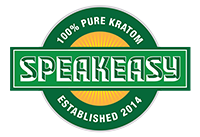
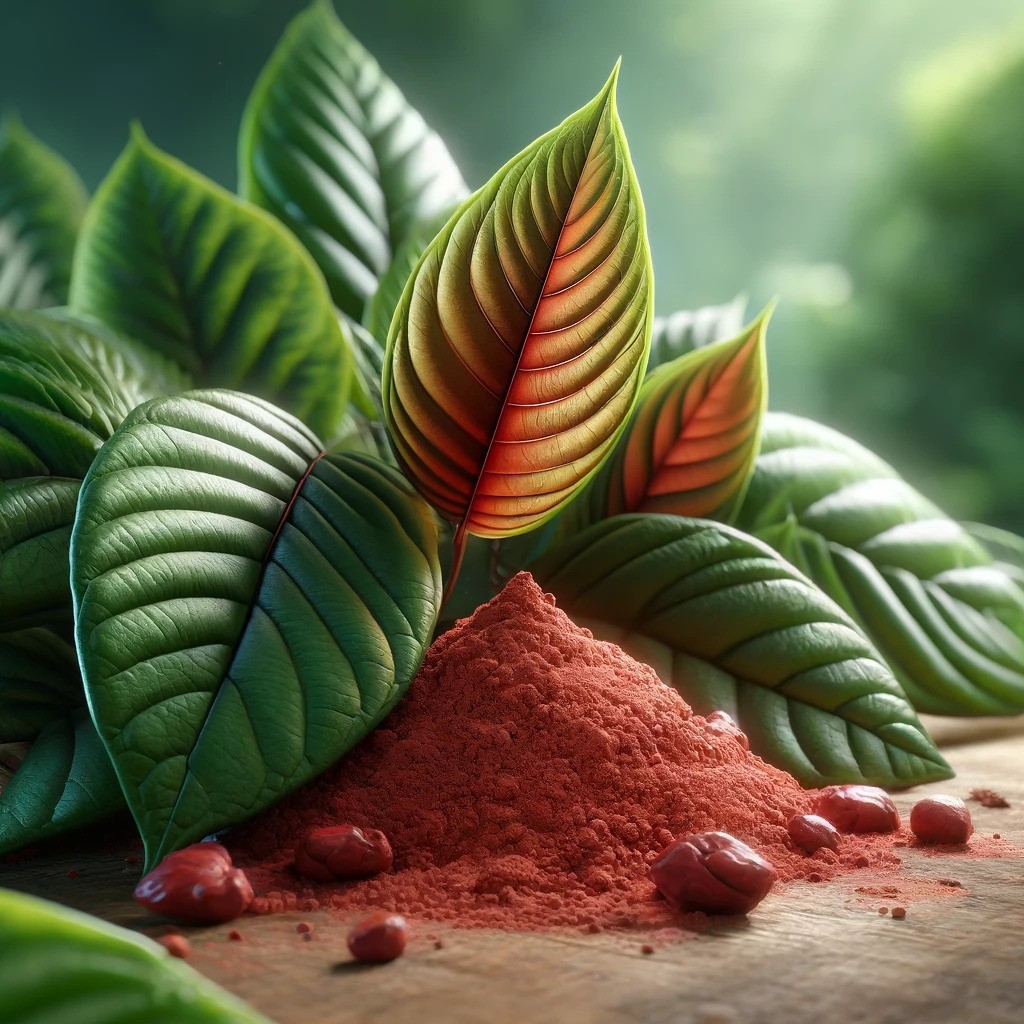
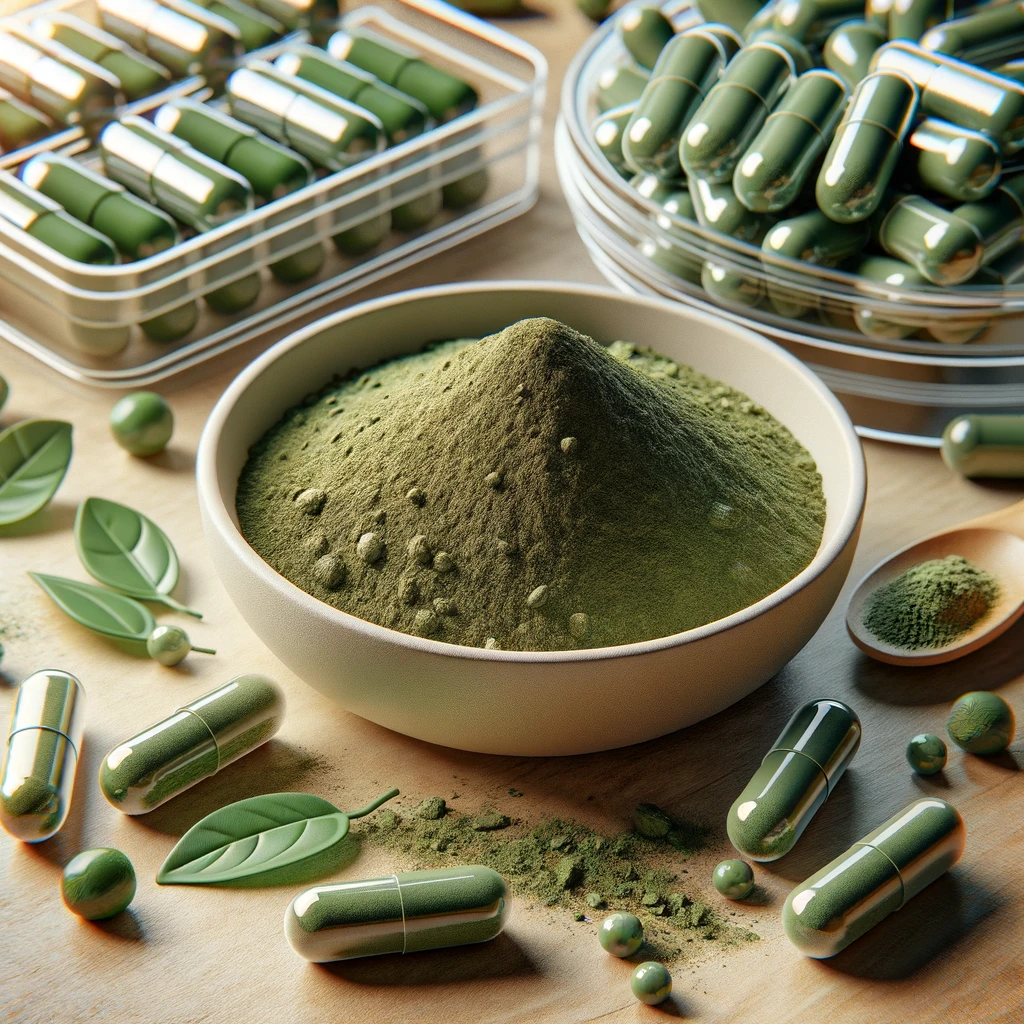



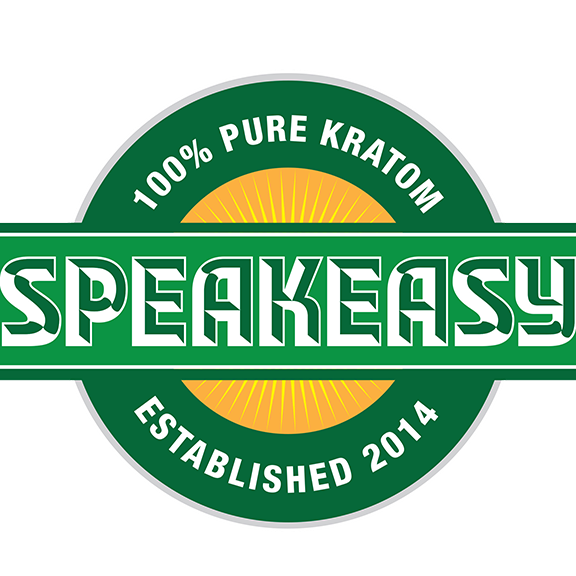
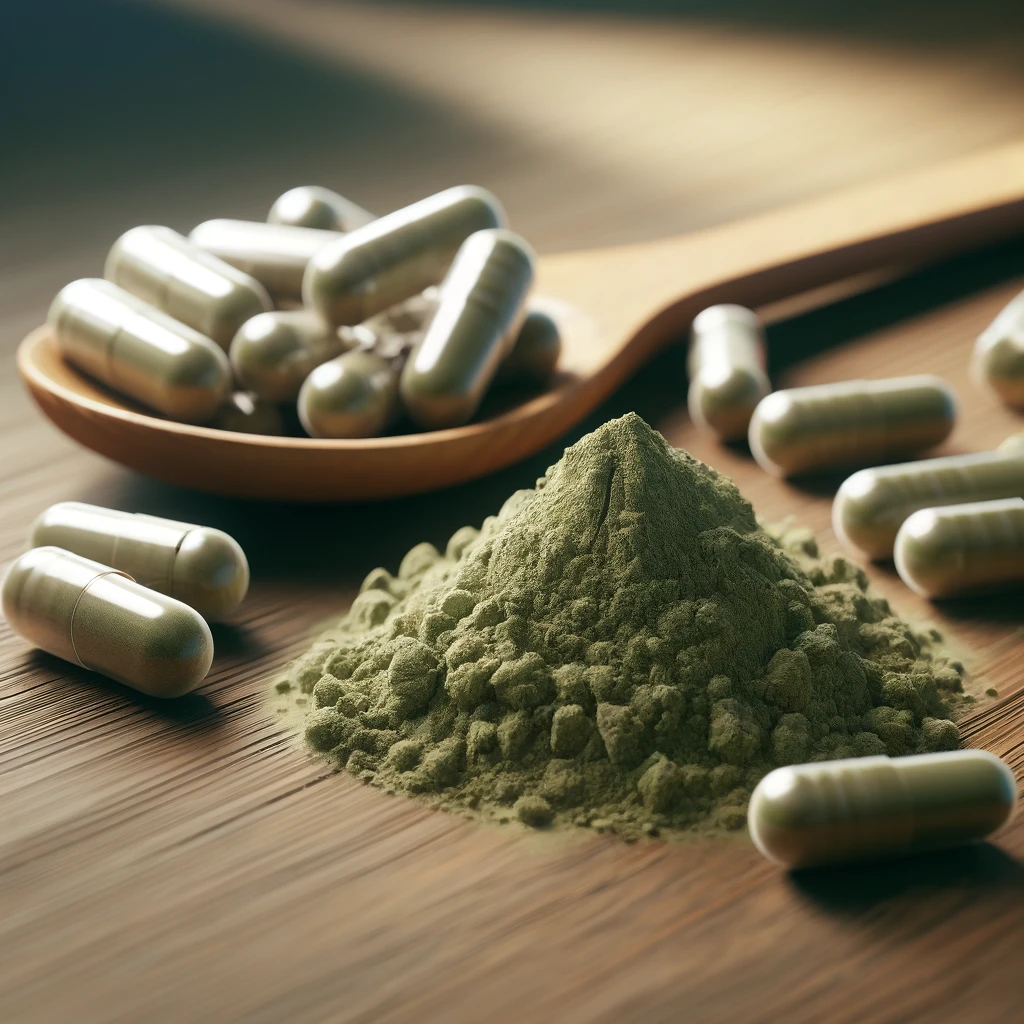
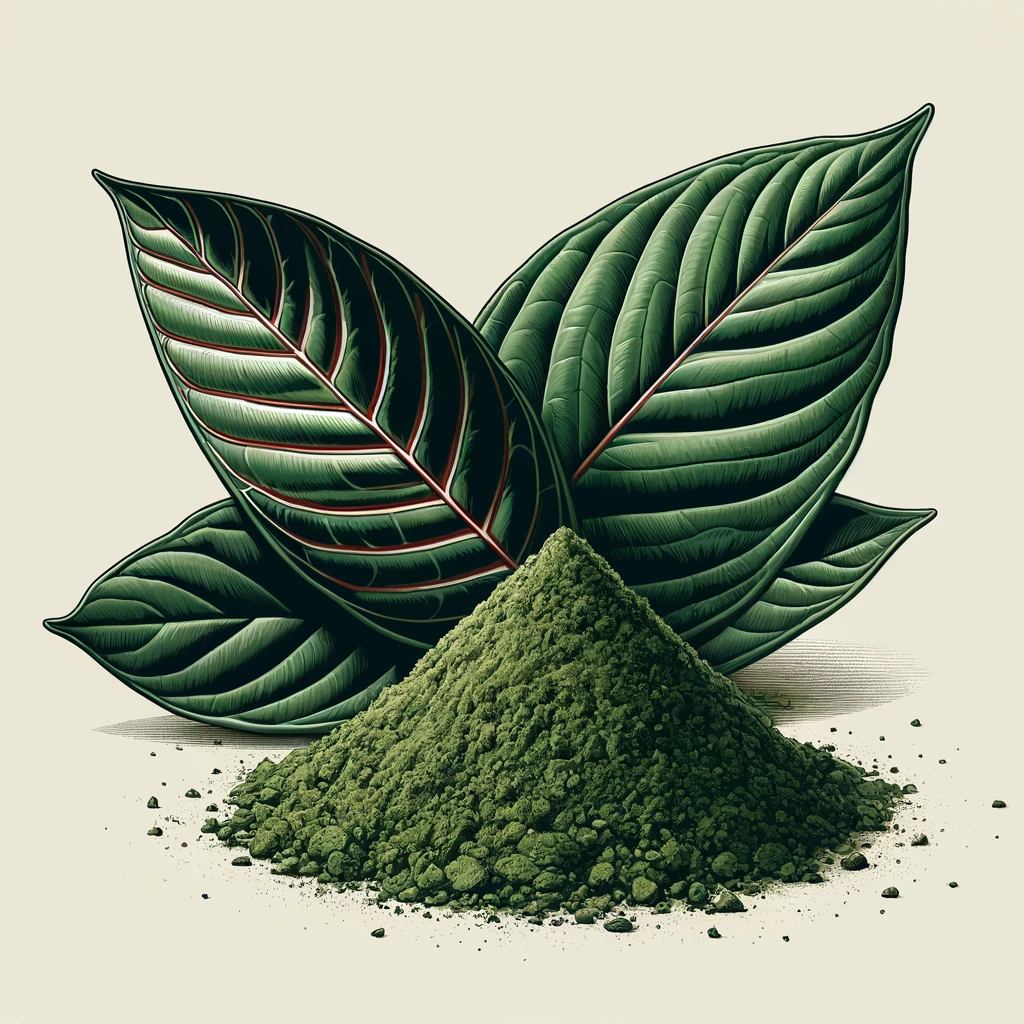

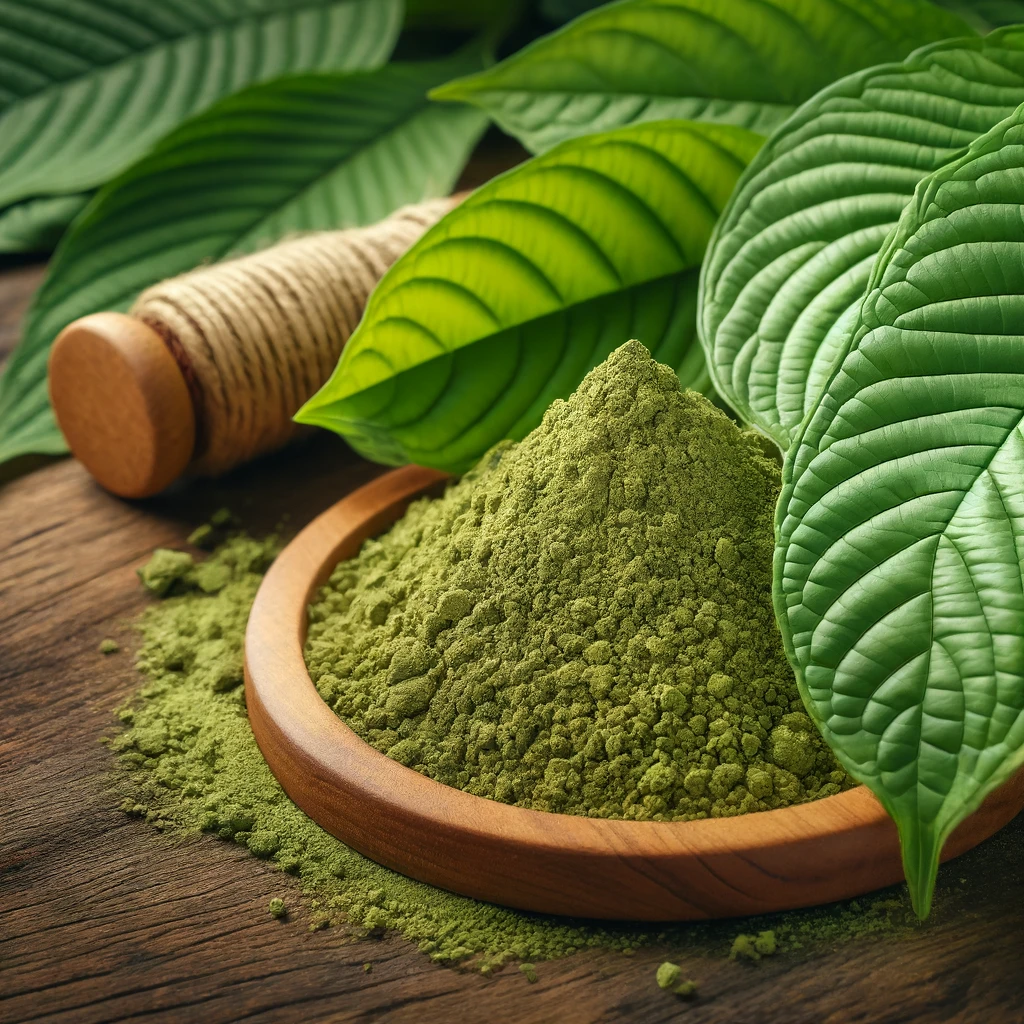
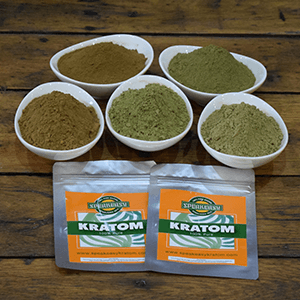

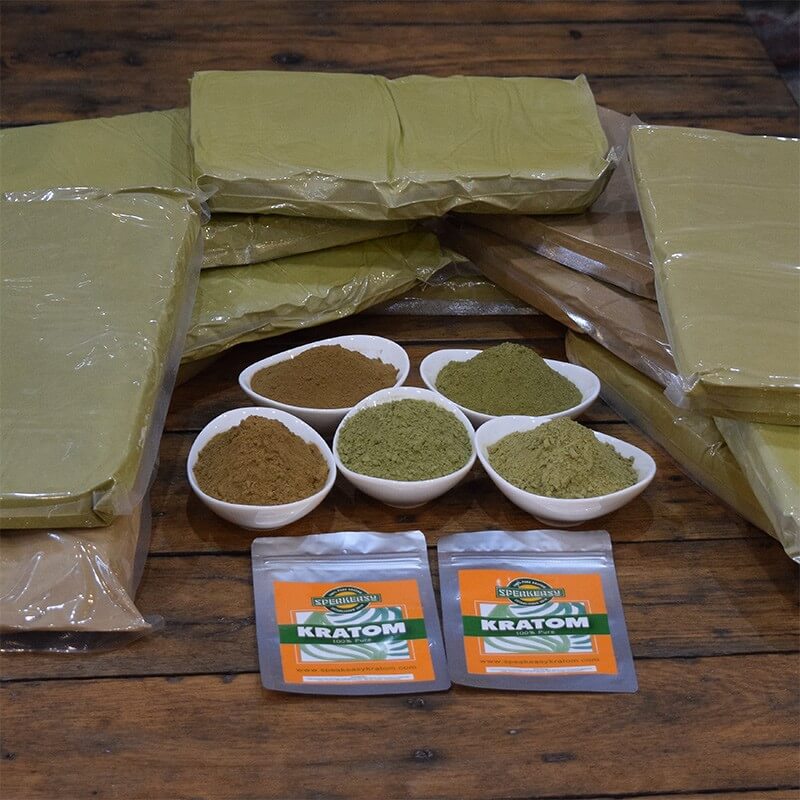
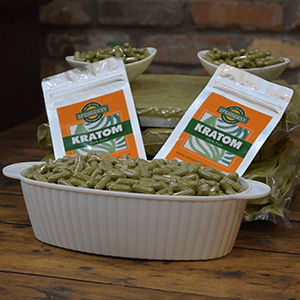
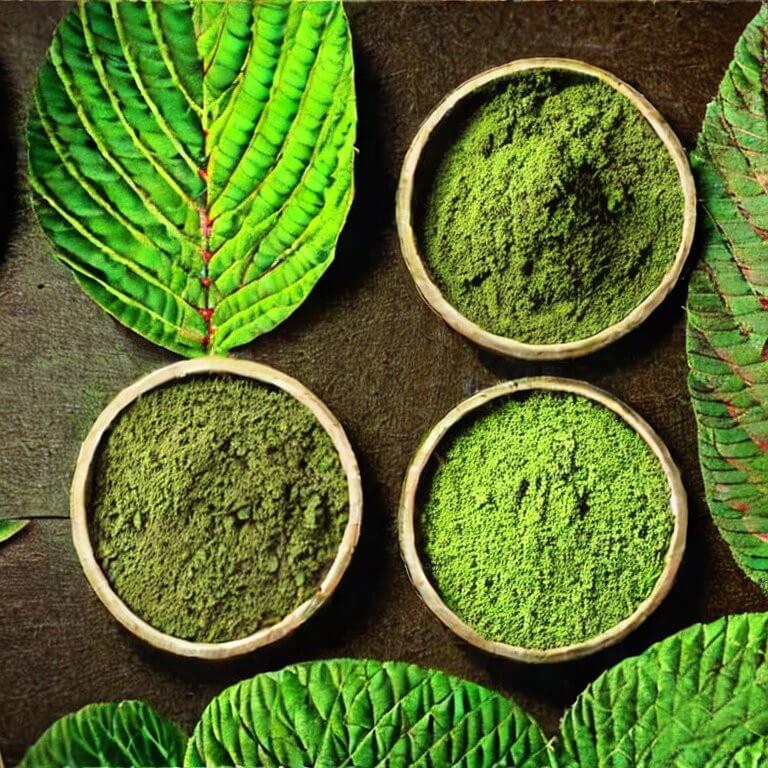
Leave a comment